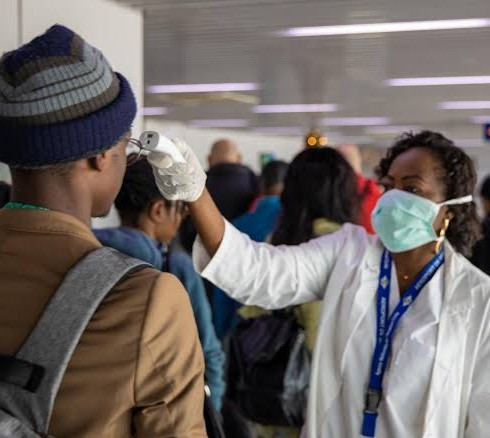THE Presidency, on Monday, announced that the Federal Government has begun the payment of N5,000 monthly stipend to one million most vulnerable Nigerians, through the Conditional Cash Transfer (CCT) of its Social Investment Programmes (SIP).
Senior Special Assistant on Media and Publicity to the Vice President, Laolu Akande, who disclosed this in a statement issued in Abuja, said the implementation of the programme was part of the Muhammadu Buhari-led administration’s determined efforts to touch the lives of Nigerians positively.
It said beneficiaries in Borno, Kwara and Bauchi states had started receiving payment under the first batch, which also included Cross Rivers, Niger, Kogi, Oyo, Ogun and Ekiti states.
The statement explained that nine pilot states were chosen because they had existing social registers that successfully identified the most vulnerable and poorest Nigerians, through a tried and tested community based targeting (CBT) method working with the World Bank.
According to the Presidency, other states had commenced developing their social registers and would be included in subsequent phases of the CCT implementation.

It informed that beneficiaries of the CCT of the Federal Government would be mined from the social register, initially developed by eight states through a direct engagement with the World Bank.
“Those states are featured in the first batch, with the added inclusion of Borno where a validated list of IDPs were compiled in addition to the social register, which is expected to go round the country.
“Working with the World Bank, the CBT process has now been adopted for developing the social register in the other states around the country, for transparency, objectivity and credibility in the selection of the poorest and most vulnerable beneficiaries for the programme,” the statement said.
It added that the sequence for the payment of the money would be operationally managed by Nigeria Inter-Bank Settlement System (NIBSS).
Under the CCT, one million Nigerians would receive N5,000 monthly payments as a form of social safety net for the poorest and most vulnerable, as budgeted for in the 2016 budget.
The Presidency claimed that nine states were expected to be covered as of last week “and many of the beneficiaries have already reported receiving their first payments by Friday, December 30, 2016.
“Funds for the commencement of the payments in four states were released last week to the NIBSS – the platform that hosts and validates payments for all government’s social intervention programmes.
“Funds for another set of five states to complete the first batch of nine states would follow soon,” it further stated.
According to the statement, the Federal Government would commence community mobilisation for the creation of the register in more states soon, to expand the scope and reach of the CCT across the country.
It added that Plateau, Jigawa, Adamawa, Anambra, Benue, Enugu, Katsina and Taraba states had, so far, complied with the stipulated framework provided and were set for the community based targeting method for the development of their social register within their jurisdictions.
It noted that the states were to be followed by Delta, Gombe, Kaduna, Kano and Imo states, saying, “once the community mobilisation, identification and selection processes are completed, the information garnered from the poorest households would be entered onto the social register in the states and the national register at NIBSS, after which the cash transfers would be disbursed to the beneficiaries.
“All the funds approved for the Federal Government’s Social Investment Programmes are domiciled with the Ministry of Budget and National Planning.
“In addition, the payment information and processes for all beneficiaries of the Federal Government’s SIP are hosted at NIBSS, as the Consolidated Beneficiary Register, to ensure and fortify efforts at authentication and verification, as well as for effective and efficient programme management.
“With the commencement of the CCT, the Buhari administration is now implementing four of the Federal Government’s SIP.”
The others, according to the statement, were the N-Power Volunteer Corps designed to hire half a million unemployed graduates, which has now engaged 200,000 and the National Homegrown School Feeding Programme now running in three states.
It added that the Buhari-led administration had also kicked-off the Government Enterprise and Empowerment Programme (GEEP).









